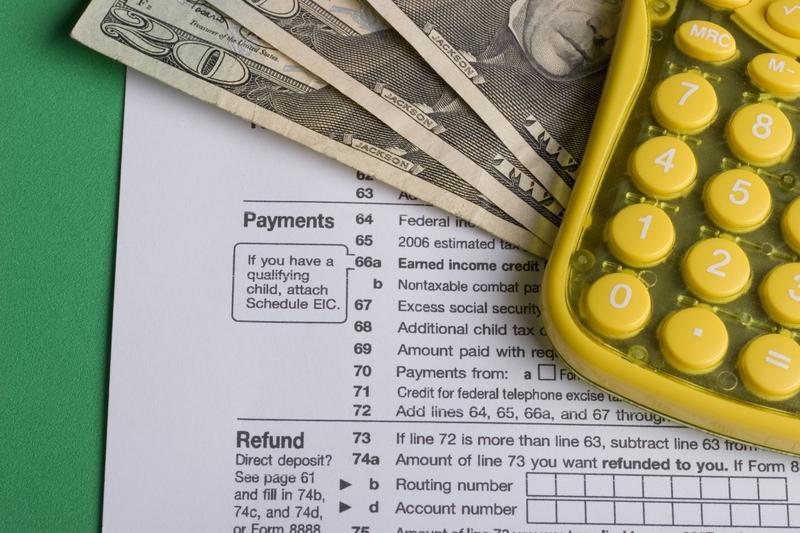There have been many income tax adjustments within the past few months as the United States government works to make filing taxes easier on Americans during the COVID pandemic. One of the changes is the revised 2021 Tax Day. Rather than the typical April 15 Internal Revenue Service deadline, taxpayers now have until May 17 to file their taxes with the IRS, according to U.S. News & World Report.
Yet with all the recent federal government tax changes, students and parents still may find themselves asking questions about how their taxes may affect their Federal Student Aid amounts. Recently the Consolidated Appropriations Act was announced to make submitting and renewing the Free Application for Federal Student Aid easier. However, it’s important to know that these rules don’t start until the 2023-2024 FAFSA.
With all the additions and future changes occurring simultaneously, it’s best to seek advice from your tax advisor and/or your college’s financial aid office. For now, at least this tax year, you may find the below common questions related to the FAFSA and federal income taxes helpful:
My married parents want to file their income tax returns as married filing separately. If the parent with the lower income claims me as a dependent, does that mean that I will receive more financial aid than I would if the other parent (with higher income) claimed me as a dependent?
One of the most confusing elements regarding the FAFSA and income tax is the use of similar terms such as dependent student, custodial parent, legal guardian, and more. While both documents use the same terms the rules in determining applicable status for each document (tax returns and the FAFSA) can be different.
However, Mark Kantrowitz (a leading expert on student financial aid) a states that the parent that claims a child/student as a dependent on their tax return may adjust the total need-based financial aid you receive. Adding, “Parents should consider the potential impact of multiple support agreements on eligibility for need-based financial aid when drafting the financial settlement and child custody agreement.”
The Student Aid (FAFSA) website states that your parents are considered legally separated if:
Claiming a Dependent Student on Tax Returns
Tax filing status does not affect who completes the FAFSA. The parents have to actually be divorced or separated, not just filing separate returns, for only one parent to be responsible for completing the FAFSA.Parents Responsible for FAFSA Completion
According to a Forbes article by Kantrowitz, current FAFSA rules “...only require one parent to be responsible for completing the FAFSA.” This parent is considered the custodial parent.- A state considers them legally separated.
- They are informally separated, and do not reside in the same household.
- The parent that you’ve lived with more in the past year. If you’ve lived with both parents the equal amounts of time in the past 12 months, you’ll be answering FAFSA questions about:
- The parent who gave the most financial support, or...
- The parent during the most recent year (12 months) you actually received support from.

